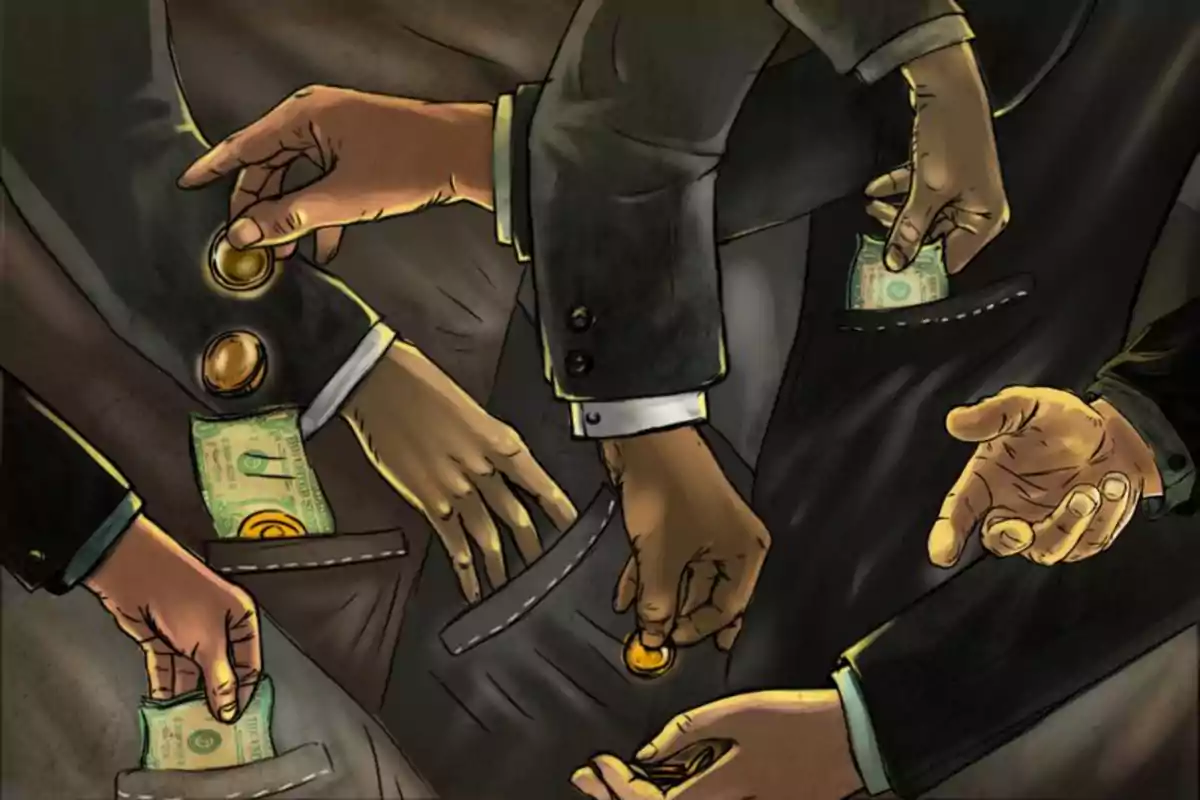
The owners of the welfare state: friendly NGOs, shielded unions, and pensions
How a network of privileges was built in Uruguay under the banner of social justice
In Uruguay, social justice has become a perfect pretext. Under that noble label—who could be against it, right?—lies a network of practices that, far from correcting inequalities, reproduce a web of clientelism, favoritism, and waste with a whiff of textbook progressivism. At this point, more than a state policy, it seems like a business model. Public, of course, but a business nonetheless.
The most evident example is the Ministry of Social Development, the famous MIDES. Born with the goal of coordinating social policies, it has ended up transformed into a bloated, opaque, and highly inefficient bureaucracy. Each year it manages one of the largest budgets of the state, and yet social indicators barely move. Where does the money go? A good part is channeled through NGOs that, coincidentally, are often led by friends of those in power, former activists, or figures aligned with a certain ideological sector. Agreements are signed, funds are distributed, reports are drafted, but the real impact is hard to find. That said: no one goes unpaid.
Read also: The Communist Party and its support for the 1973 coup
Another unusual chapter is that of the graceful pensions, a mechanism that, in theory, should address exceptional situations, but in practice functions as a parallel income system for specific groups. One of the most privileged has been the children of the disappeared, who receive pensions of up to 80 thousand pesos monthly, often of a lifetime nature. Should their pain be ignored? Of course not. But let's agree that turning that historical tragedy into a permanent privilege doesn't seem like a sustainable or fair policy for the rest of the population who also face difficulties without enjoying such treatment.
You might also be interested in: The great climate business of the left
The plot continues with our public companies, those untouchable giants that function as employment agencies for friends, political partners, and career unionists. UTE, OSE, ANTEL: all operate with oversized structures, high rates, and mediocre productivity. Any attempt to introduce competition or efficiency is quickly blocked in the name of national sovereignty or the “social role of the state,” another concept that sounds good but rarely translates into better services for the citizens.
[IMAGE]{1031143}[/IMAGE]
Meanwhile, at the heart of this system are the unions, strategic allies of this state model generous with some and burdensome for all. They don't represent the average workers, but rather a union elite that defends privileges, blocks reforms, and negotiates perks. They have managed to instill the idea that any adjustment or evaluation is an ideological threat, when in reality it is simply a matter of common sense.
Related: Macri, Lacalle, and the myth of the political center
The left has been skillful in disguising all this as social justice. But what has really been built is a network of public resource distribution aimed more at sustaining political structures than at improving the lives of citizens. It is a system that rewards activism, not merit; that subsidizes narratives, not results.
More posts: